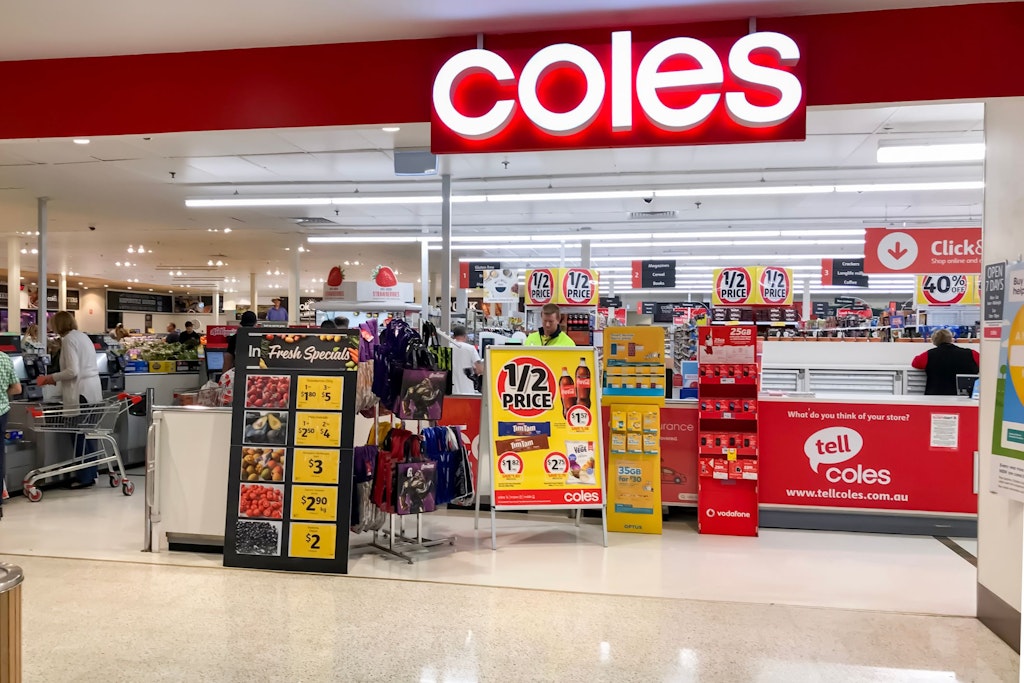Advocates back retirees in fight against supermarket prices
Last updated on 3 April 2024

Key points:
- Council on the Ageing Australia is the peak body representing the almost nine million Australians over 50
- Research conducted by the advocacy group in January found that supermarket prices were a regular, if not ‘burning,’ topic of conversation in 92 percent of households
- 90 percent of respondents indicated food and grocery price increases were affecting their fortnightly shop and financial planning with 66 percent saying this was impacting adversely on their psychological and emotional health
Peak advocacy group Council on the Ageing Australia has prepared its submission to the Senate Select Committee on Supermarket Prices — a detailed report that summarised its findings from Australians over the age of 50.
The submission relayed that most older Australians are feeling the pinch, but while current prices are affecting most households, it is people on lower fixed incomes and/or living outside cities or large regional centres who are being hardest hit by rising food and grocery prices.
In January 2024, COTA Australia conducted a survey to capture the lived experiences and views on supermarket pricing practices, receiving over 1,400 survey and 28 written responses which have been used to inform the submission.
“We’re pensioners. Keeping a roof over our head and utilities connected are the priority. Forced to eat smaller and less meals daily,” one survey respondent told COTA Australia.
Other respondents indicated that it was currently harder to put a meal on their table than it had been in the past four to five decades.
“We go to the nearest supermarket and pay whatever the cost is because we are physically weaker and the number of visits has reduced to once a fortnight or monthly. We are not going back to pick up a bargain. This is what is happening in our lives. Old age is only for the rich,” another commented.
“The supermarket chiefs email us that they are not profiteering from food inflation but doing everything they can to absorb some of the higher costs,” a respondent said.
“I was almost won over, then we read in the’23 FY, the Woolworths Group in Australia made a net after-tax net profit [sic] of $1.72 billion [AUD] — a whopping increase from the previous year. What can we do? We may be old, but we need to eat. Woolworths and Coles dominate the country’s food market — that’s a problem.”
Most older Australians reported that they understand profit is essential for businesses to thrive, but they expressed that the revenue should not come at the expense of people’s inability to feed themselves amid cost-of-living concerns.
Regardless of a household’s level of income, the proportion which is needed to finance the regular supermarket shop is growing exponentially and, according to COTA, this is not without consequence.
For increasing numbers of older people, the ongoing rise in prices means a constant re-evaluation of the household shopping budget to determine what is affordable and what, although needed, could be considered as discretionary purchases.
“Supposedly we are not in recession, but now most weeks it surely feels like it and this feeling grows when I look at our main meal for the day. Where’s the meat? The fish? The fresh veggies?” a respondent said.
COTA Australia welcomed the Prime Minister Anthony Albanese’s January 25, 2024 announcement that he will direct the Australian Competition and Consumer Commission to launch an inquiry into Australia’s supermarket sector, including the pricing practices of supermarkets and the relationship between wholesale, including farm gate and the prices that people are paying at the checkout.
An important part of this year-long inquiry will be an examination of the competition that exists within Australia’s supermarket sector to ascertain how it has changed since the ACCC’s last enquiry in 2008.
A key question older Australians want the Senate Select Committee to investigate and report on is, in their push for supermarket dominance, have these giant retailers lost sight of their vision statements:
Coles: Our vision is to become the most trusted retailer in Australia and grow long-term shareholder value. Our purpose is Helping Australians eat and live better every day.
Woolworths: Our vision, to be one of the world’s most responsible retailers, reflects our passionate commitment to doing good business, for our customers, our people and our planet. Our values — customer-obsessed, inspirational, responsible, collaborative and committed to quality — inform and underpin the way we do business.
How much does the average shop cost you? Let the team at Your Retirement Living know and subscribe to the newsletter for more information, news and industry updates.
Related content:
Seven steps to affordable housing